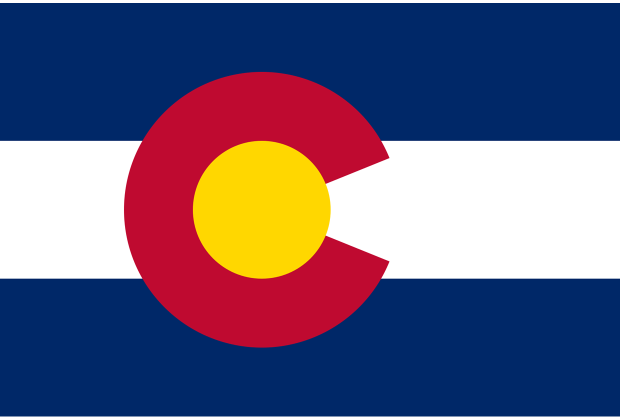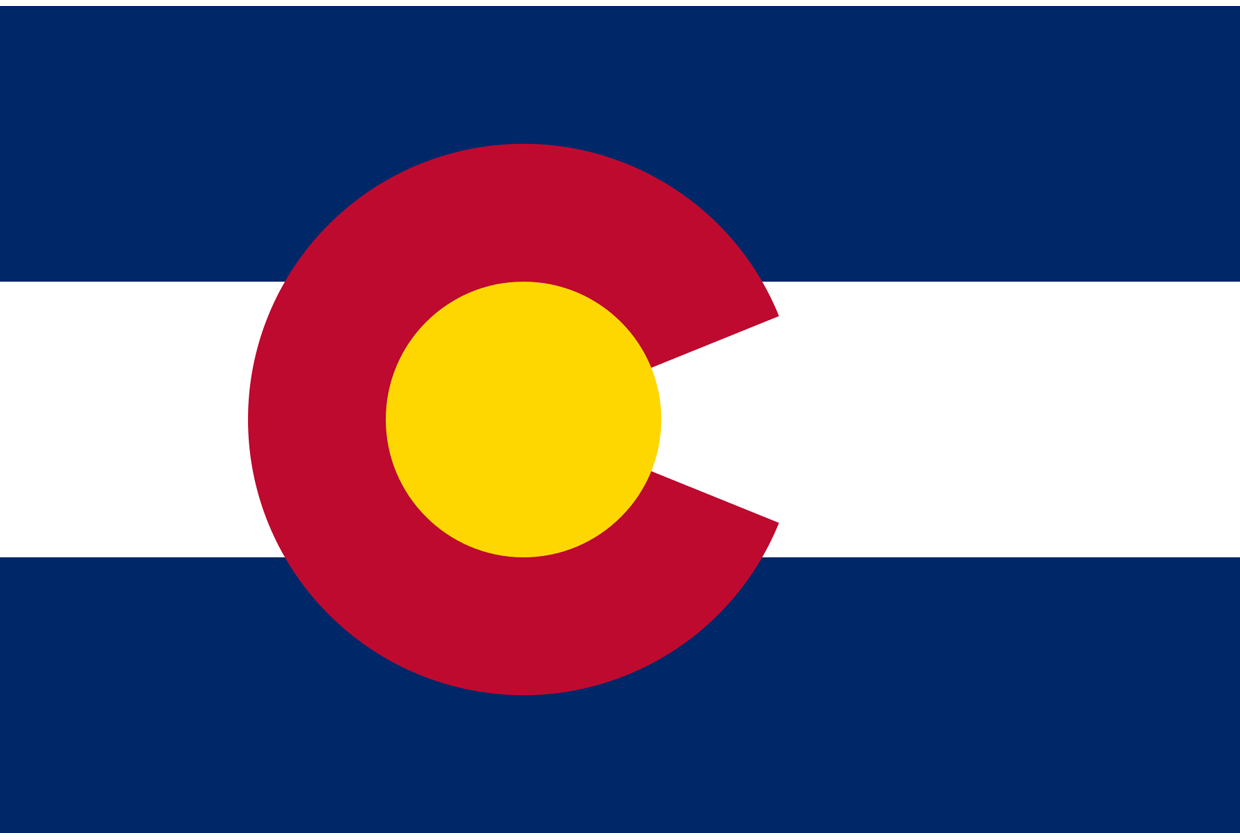Colorado already had one of the highest cigar tax rates in the country, and today it has gotten even higher.
Proposition EE, which was approved in November by 67.6 percent of voters, set in motion a gradual increase spread out over the next several years. Prior to today, premium cigars had been taxed at 40 percent of the wholesale price, but today that rate has gone up to 50 percent. It will then increase to 56 percent in on July 1, 2024, and finally 62 percent of the wholesale price on July 1, 2027.
In terms of the price at the register, a cigar with an MSRP of $9.50 that had previously been priced at approximately $13.30 now costs $14.25. That price will increase to $14.82 in 2024 and $15.39 in 2027 when all the increases have been enacted. Those prices are halfwheel estimates as retailers can implement those taxes in a number of ways.
Other tobacco products are also seeing their tax rates increase. Cigarettes now have a new minimum price requirement of $7 per pack, while the tax has increased from 84 cents per pack to $1.94. That rate will also see a stepped increase, going to $2.24 per pack in 2024, and finally $2.64 in 2027. Additionally, the minimum price for a pack will increase to $7.50 on July 1, 2024, and the state will impose an inventory tax that corresponds to each tax increase beginning on Jan. 1, 2022.
E-cigarettes and vaping devices, which had previously been untaxed, are now being taxed at a rate of 50 percent of the wholesale price. That rate will then increase at the same rates and schedule as applied to premium cigars. Licenses are also now required to sell such products in the state.
Moist snuff products are now subject to a minimum tax for that would be based on a combined minimum tax between the statutory tobacco tax and the tax imposed under the state’s Amendment 35. The bill includes language that would lower the tax rate on a certain product by 50 percent if it were to get a Modified Risk Tobacco Product (MRTP) designation from the Food and Drug Administration (FDA).
While the statewide increase will hit residents in their wallets, things could get even worse. The new law contains language that allows cities, counties or other home rule municipalities to add on any additional taxes to tobacco products should they pass the needed legislation.
And if you’re looking to save some money by ordering from an out-of-state retailer, the law requires that sellers impose the state’s tax rate at the time of sale.
Correction — this article had the incorrect date for the 2024 and 2027 increases; they were listed as Jan. 1 of those years, when they are actually July 1 of those years. The article has been corrected, and we regret the error.



